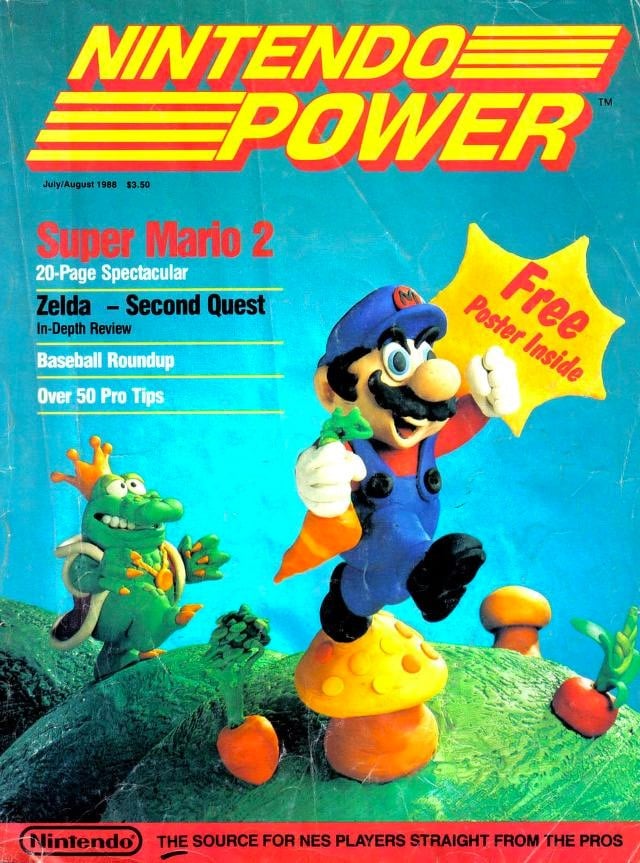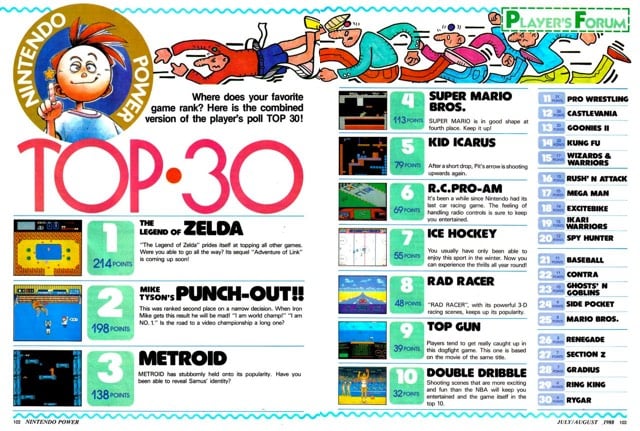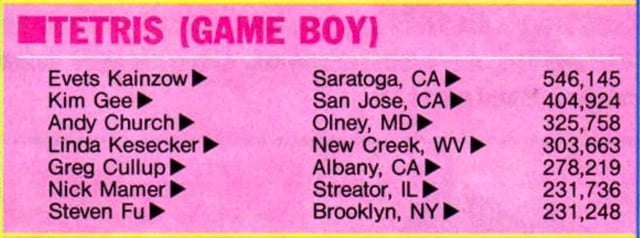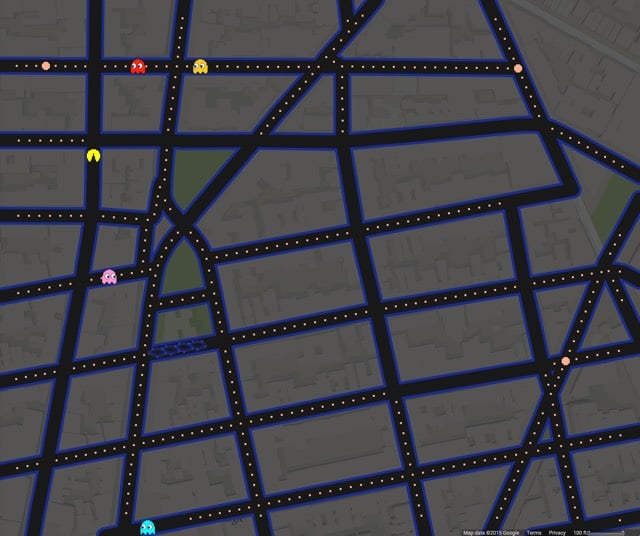Leadership & business lessons gleaned from running an “open-source soccer” club
My pal Dennis Crowley, co-founder of Foursquare, has somehow found the time to also co-found a NPSL soccer club in Kingston, NY called Kingston Stockade FC. The club is only two years old, but they won their division this year, energized a community around the team, and have nearly reached the financial break-even point for 2017…you can read all about it in Crowley’s recap of how the team did in 2017. (And you can read his past writing about building the club from scratch.)
According to another club owner, year two was supposed to be more difficult than the first year…but that was not Crowley’s experience:
About a year ago, I remember talking to another owner of another club and he said something along the lines of “I know you had a great first season, but the second season is the hardest” — e.g. the novelty will wear off, the crowds will thin, etc. I remember being scared shitless by this piece of advice but our club experienced quite the opposite. Our overall attendance numbers were up (despite us having one fewer match on the schedule) and our biggest crowds were considerably larger than last year’s bigger crowds (and we hit our goal of 1000+ fans/game… twice!)
That stuck with me as I read the rest of the piece (which is written in plain, straightforward prose that’s perfectly readable even if you aren’t into soccer or business). I began gathering reasons as to why Stockade FC has thrived when other clubs might how found it difficult and framed them as lessons for anyone who runs a business or is in a leadership position.
1. The first thing is Crowley’s obvious enthusiasm and passion for soccer, starting a business, and his Kingston community (he and his family split their time between Kingston and NYC). No specific excerpt for this one (aside from this photo)…it’s infused throughout everything he’s written about the experience.
2. Be relentless. Sweat the details. Track everything you can. Look for opportunities everywhere to increase revenue and decrease expenses. Be practical. This is just one example of many:
Our hotel costs were ZERO because we designed our schedule so that we would not have an overnight trip. If you remember from last year, we did a 3 day / 2 night / 2 match trip through New Hampshire and Maine (aka: 2 nights in a hotel + 3 meals * 14 rooms). Dropping this trip from the schedule saved us a fortune. To say this another way: Our current business model (tickets/sponsors/merch) supports “day-trips by bus” and not “overnight trips and/or flights”.
3. Look for opportunities to build and grow from above:
With that said, and before we get real deep into Stockade FC data, I’m happy to share that this past weekend I was elected to the NPSL’s Board of Directors at our league’s Annual Operating Meeting (AOM). I am now one of 12 Board Members (and one of 2 representatives of the Northeast Region) operating under a two-year term. The Board Seat gets me a little closer to the bigger-picture decision making and the longer-team strategic planning for our league. It is literally the “seat at the table” I was referring to above and I’m excited to get back to work helping to build from the bottom up.
4. Look for opportunities to build and grow from below:
This is important to the club because a break-even club can operate forever. And this is important to me because I know that if we we can keep Stockade FC going for 10 years, we will have the opportunity to see the kids that we have inspired this season & last season trying out for our squad in a few years time. The idea of a Stockade FC squad full of kids who have been cheering on our club since they were 8, 10, or 12 years old is one of the things that motivates and inspires me the most about this entire project.
5. Do the right thing and often you’ll notice it’s a good business decision as well.
Game Day expenses were down 15% because we stopped buying bottled water for every match and instead started used refillable 10 gallon Gatorade jugs. A win for Mother Earth is a win for Stockade FC! (Btw, getting off plastic bottles, and the waste they produced, was an explicit goal of ours for this season.)
6. Acknowledge that you cannot do it alone. Crowley and his team bring some serious leadership and expertise to the table, but Stockade FC runs on volunteers from the community. Embrace them and don’t take them for granted.
And it’s impossible to talk about Stockade FC without talking about our $0 “Staff” costs. Our entire club is run by volunteers — sometimes an army of 30+ people who show up on game days to help with everything from setup + take down + scoreboard + clock + merchandise + tickets + managing the crowd + leading the youth teams at halftime + emceeing the halftime show + singing the national anthem + announcing on the PA + doing color commentary on the live stream + 100 other tasks. Without you all none of this would come together in the way that it does, so thank you! #WeAreStockade
7. I don’t know what business lesson this holds, but this is the perfect little detail about the club:
Our ticket prices were designed so a family of four can attend for $20 ($8 + $8 + $2 + $2 = $20). This is one of the many things I’m *really, really* proud of.
8. Don’t skimp where it matters and give back. Too many comp tickets for player’s families or first responders isn’t going to make or break your season.
It’s worth noting that less than 10% of attendance for any given is from comp tickets. This year we gave comp tickets to (a) press, (b) players family (4 tix max), (c) ballboys and ballgirls, (d) Radio Woodstock contest winners, (e) First Responder & Military Appreciation Nights.
9. “Think globally, act locally” isn’t just for activism. Stockade FC streamed their games online and sold merch to people from around the world. Their story is resonating around the country and the world. Hell, I live 300 miles away and I’m gonna try my damnedest to make it to a Stockade FC home game this summer.
Streaming continues to be an important part of the Stockade FC story — we know our story is being followed by people outside the Hudson Valley (and outside the USA!) and so streamed matches that are *enjoyable to watch* are a core part of our story.
10. Small teams can act big. The same forces that allowed Instagram’s 13-person company to get acquired by Facebook for $1 billion enable small teams to produce, for instance, a live-streaming experience that rivals the big networks for not a whole lot of money and effort.
And this year, our rockstar team of tech-savvy volunteers has raised the bar for what it means to stream a 4th Division soccer game. Last year’s goals were about “consistency” — “we gotta stream every match”. This year’s goals were around “professionalism” — let’s work in on-air graphics, color commentary and multiple cameras. The team officially outdid themselves when we had live video streaming from a drone during our Conference Championship match (for serious!)
11. Have larger goals that are outside the strict purview of your business. The goal of the US men’s national team winning a World Cup in the next 30 years isn’t going to sell more tickets, but having that as part of your story is going to open up opportunities for your club and everyone else.
Do something to make USA soccer better, faster. We started our club because we ultimately want to make soccer in the United States better, faster. (My original back-of-a napkin goal was: “What can we as fans do to better the US Mens National Team’s odds of winning a World Cup in our lifetime”).
12. Get involved in your local community. But not just that, actually give a damn about your local community and the people and other businesses in it. With everyone working together, you raise all the boats. Non-zero sum games, yo!
On some level, we’ve done much much more than “create a soccer team” — we’ve built something that folks in Kingston have started to rally around and are proud of, and we’ve helped to leverage some of that momentum and excitement and energy into a mechanism that could transform parts of Kingston’s actual urban infrastructure (through this $10M grant). We’re just a tiny, tiny, tiny part of the grant… but, hey, we’re a part of it!
13. Celebrate when successful team members move on to bigger opportunities. Build a team that people want to be a part of because they can develop the skills to move up (either inside your team or outside of it).
Last season, Stockade FC midfielder Dylan Williams got picked up by Australian 2nd division club Launceston City FC. This year, goalkeeper David Giddings got picked up by Swedish 3rd division team Värnamo Södra. Two players from our 2016 squad (Matel Anasta & Matt Koziol) were invited to play in last year’s NPSL Showcase (aka: NPSL All-Star Game w/ scouts) and we’ve expecting 1 or 2 players from our 2017 team will be invited to play in next year’s Showcase.
14. Success begets success. Winning the league obviously helped attendance and raised the team’s profile locally and nationally. But winning the league started with hiring the right coaches and finding the right players…and that started with all the other things on this list. It all connects.
15. Share your knowledge with others. From the start, one of Crowley’s goals has been to run a completely transparent club. He shares every single detail and the club’s finances are an open book. He writes clearly and enthusiastically without a lot of jargon. Move past thinking that other teams are your competition and start thinking about how everyone can work together to achieve larger goals by sharing what works and what doesn’t with each other. Compete on the field but collaborate in the community.
As a tiny business owner without employees or a real-world presence, some of this doesn’t apply to me, but I’ve found Crowley’s posts about Stockade FC incredibly valuable not when thinking about kottke.org from a business perspective but also when considering larger questions about how I want to live my life. Thanks, Dennis!









Stay Connected